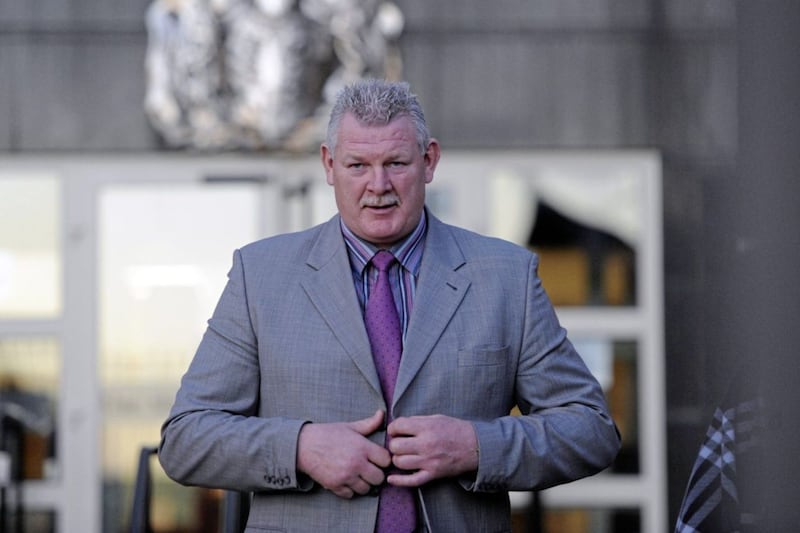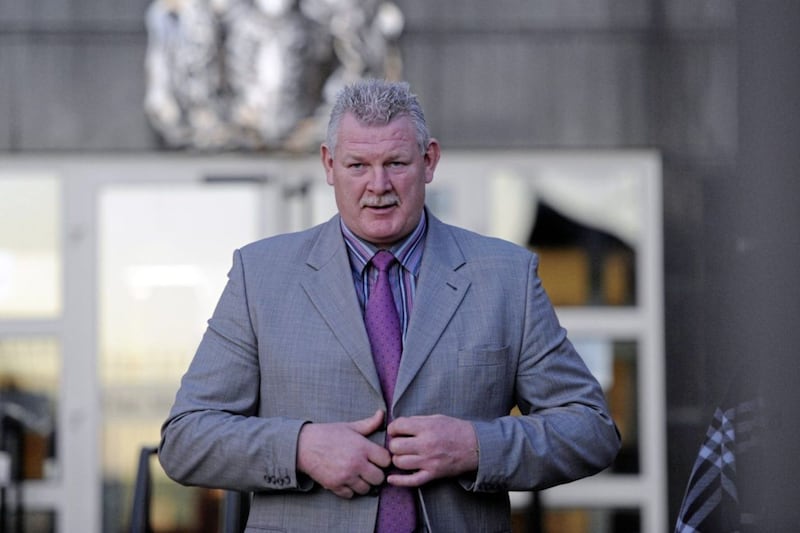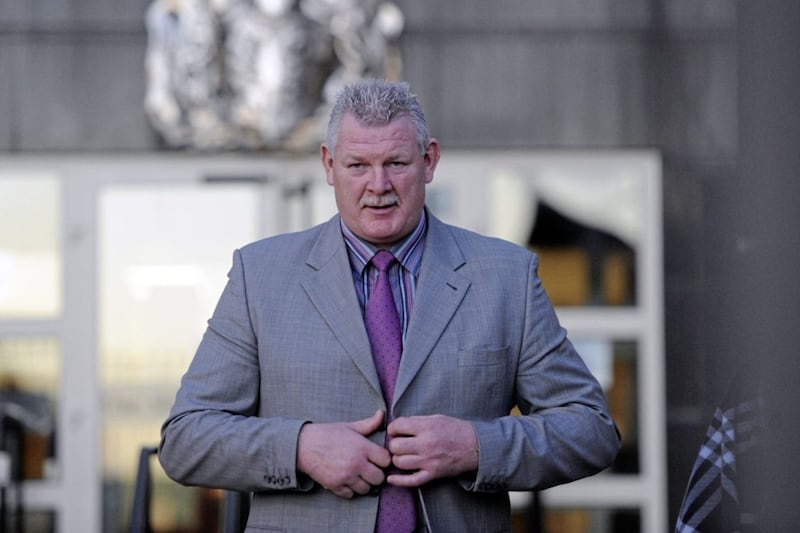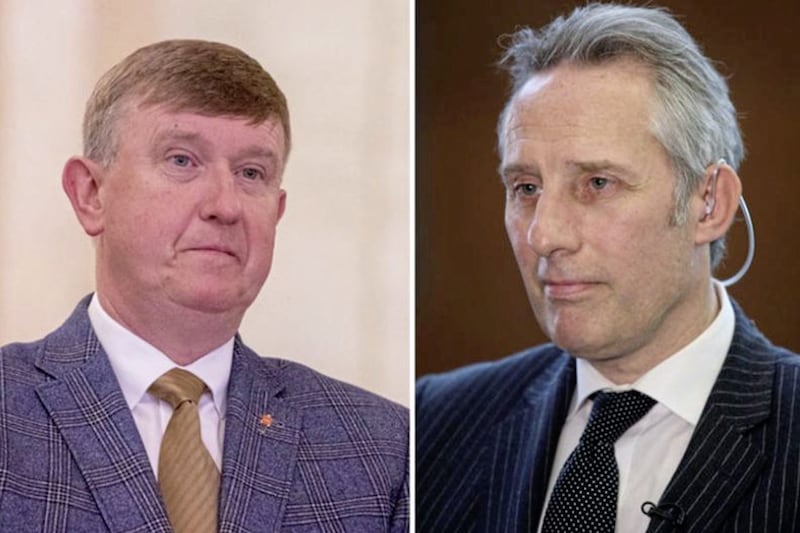Sex abuse can be found in any section of our society, and, as the full details emerge, it is essential that the victims are firmly supported and treated with total sympathy by all responsible individuals and organisations.
The silence of the Orange Order since relatives of the late David Tweed went public over the appalling and prolonged ordeals he inflicted on them can only be regarded as disturbing and needs to be addressed as a matter of urgency.
Tweed, who was killed in a road accident in Co Antrim in October, was a prominent figure by any standards as an Irish rugby international, a prominent Orangeman and later as an elected councillor for firstly the Democratic Unionist Party and then the Traditional Unionist Voice.
The darker side of his life was finally established in 2012 when he was found guilty of child sex offences, and given an eight year jail sentence, although the conviction was quashed four years later because of the way in which the jury was directed at his initial trial.
Tweed was understood to have been expelled from the Orange Order when he was jailed, but was allowed to rejoin the institution when he gained his freedom as a result of the 2016 court ruling.
Orange officials made a serious error of judgment when collarette wearing members were allowed by provide a guard of honour before his burial in a gesture which was bound to cause great hurt at many levels.
Two of Tweed's daughters and a stepdaughter subsequently took the courageous decision to waive their right to anonymity and set out how he had physically and sexually assaulted them since they were as young as six.
It was also revealed that a niece of Tweed's had taken her own life after also being abused by him, and three unionist politicians who spoke warmly of him following his death decided to at least partially qualify their previous comments.
However, Orange leaders even after the statements from Tweed's family members declined to clarify their position or offer any hint of regret over the tributes at his funeral.
The Orange Order has a much reduced membership these days but remains a significant and influential body with strong political connections in unionist areas. If it really believes that it can indefinitely ignore the implications of the Tweed case, it is completely wrong.







